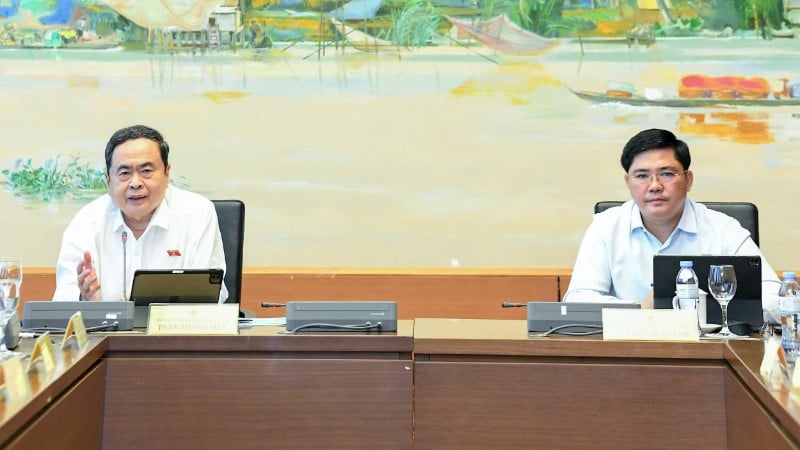
Innovation in recruitment, use and management of civil servants according to job positions
Presenting the Draft Law on Civil Servants (amended), Minister of Home Affairs Pham Thi Thanh Tra said that the draft Law consists of 6 chapters and 43 articles, 19 articles less than the current law.
Accordingly, the draft Law on innovation in recruitment, use and management of civil servants according to job positions; clearly stipulates that recruitment, management, arrangement and use of civil servants must be based on the requirements of the job position and the capacity and effectiveness of performing the tasks of civil servants; and does not conduct exams or consider promotions of professional titles of civil servants.
At the same time, according to the draft Law, the recruitment of civil servants is innovated in the direction of clearly defining the form of competitive examination, public and equal recruitment and the form of reception for high-quality human resources. Public service units are proactive in choosing the recruitment method appropriate to the industry and field of operation, aiming at a professional and modern management model. For cases where civil servants and public employees move to work at a new public service unit, they must carry out job transfer procedures.
Discussing in groups, delegates highly appreciated the draft Law on Civil Servants (amended) which has added many new and progressive points. That is, managing civil servants according to job positions, clearly defining groups of titles associated with corresponding authority and responsibility, overcoming the situation of average spread in salary payment and use of civil servants. The mechanism of decentralization and delegation of authority has been expanded, accompanied by clearer accountability for heads of public service units. Another new point is the regulation on evaluating civil servants in a multi-dimensional direction, associated with income, personnel management, people, requiring updating evaluations to the common system, helping to be transparent...
However, to ensure strictness, delegate Nguyen Van Huy (Hung Yen delegation) said that it is necessary to add regulations that civil servants are not allowed to take advantage of their positions and titles for personal gain; and are not allowed to use state secrets, work secrets, or public assets of the agency to serve activities outside of their main job. In cases where the job position has sensitive professional management factors (such as health, education , finance, land, science), signing external contracts must be especially careful to avoid conflicts of interest.
Some delegates suggested that it is necessary to continue to amend and supplement the regulations allowing civil servants to sign labor contracts, sign service contracts, participate in capital contributions, and participate in the management of non-public enterprises in the direction of: Clearly defining the mechanism for declaration, approval, and prohibited lists; defining the responsibilities of leaders in controlling and handling violations (if any). Delegate Dinh Thi Ngoc Dung ( Hai Phong Delegation) suggested clarifying the relationship between the Law on Public Employees and the Law on Cadres and Civil Servants as well as with other specialized laws to avoid overlap in the legal system.
Strengthening investment attraction mechanisms and socializing aviation infrastructure
Discussing in groups about the draft Law on Civil Aviation of Vietnam (amended), some delegates said that the draft Law proposing to transfer the aviation security management from the Ministry of Transport (now the Ministry of Construction) to the Ministry of Public Security is reasonable, suitable for practice, ensuring national security. However, this provision will entail requirements on resources, personnel, databases, materials, and how to transfer which the draft Law has not clearly defined, so it is recommended that more specific regulations be made, clearly defining responsibilities in the management process.
Delegate Nguyen Ngoc Son (Hai Phong Delegation) pointed out the contradiction when the Law on People's Air Defense (effective from July 1, 2025) requires registration and licensing of drone/flycam devices (for security and defense reasons), while the draft Law directs "development of low-altitude air transport using commercial drones" and assigns the Government to specify details. The delegate suggested careful assessment to avoid overlapping or omission of management...
Speaking at the group, National Assembly Chairman Tran Thanh Man suggested that the draft Law on Civil Aviation of Vietnam (amended) should have more breakthrough regulations to encourage and attract investment and socialize aviation infrastructure; continue to perfect the draft Law to ensure it contributes to the development of a more modern, safe and economical aviation industry in the coming time. Regarding strengthening the mechanism to attract investment and socialize aviation infrastructure, the National Assembly Chairman assessed that this is an extremely important issue to have more resources to invest in upgrading and expanding aviation infrastructure; at the same time, he suggested that the draft Law add breakthrough regulations to encourage private investment and public-private partnership models, especially with local airports and specialized airports...
Using a unified set of textbooks
Discussing the draft Law amending and supplementing a number of articles of the Law on Education, many delegates agreed with the regulation on using a unified set of textbooks nationwide, aiming to institutionalize the Party's policy on general education textbooks, ensuring fairness in access to education, especially for students in remote areas, ethnic minority areas, mountainous areas, where economic conditions, facilities and teaching staff are limited.
The issue of reference books is of concern to voters because these are expensive books, creating a financial burden for parents and students but the effectiveness is still limited. Currently, the Ministry of Education and Training has no regulations on the introduction and use of reference books in schools, which can create negativity and collusion in the distribution. Therefore, delegate Pham Van Hoa (Dong Thap delegation) and some opinions suggested that the education sector clearly regulate this content in the direction of managing reference books more specifically and strictly, increasing practicality and necessity, not to let the negative situation that has caused public outrage recur as recently.
Regarding the Law on Vocational Education (amended), with the draft Law adding a type of vocational secondary school at the same level as high school, many delegates stated: The addition of a new model comes from practical requirements to create conditions for students after junior high school to have more choices, to continue studying the high school program and learn vocational skills, contributing to improving the effectiveness of streaming and career guidance for students.
However, National Assembly delegates proposed to clearly define the position of vocational secondary schools in the national education system and in the levels of the national qualifications framework, clarifying the basis for vocational secondary schools to be the equivalent level of high school with criteria and output standards.
To effectively implement this policy, it is necessary to build a "triple contract" mechanism between the State, vocational training institutions, and enterprises, clearly defining the responsibility for sharing training costs, evaluating results, and committing to post-training recruitment; encouraging the model of "co-ownership" between enterprises and vocational schools in the direction of enterprises contributing investment capital, having the right to co-manage training programs and employ learners, ensuring training close to practice, needs, and solving employment immediately after graduation.
Source: https://nhandan.vn/tao-hanh-lang-phap-ly-doi-moi-can-ban-toan-dien-giao-duc-va-dao-tao-post917300.html





![[Photo] Prime Minister Pham Minh Chinh chairs meeting on railway projects](https://vphoto.vietnam.vn/thumb/1200x675/vietnam/resource/IMAGE/2025/10/23/1761206277171_dsc-9703-jpg.webp)


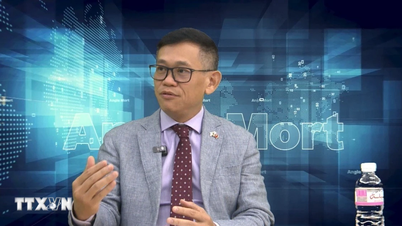

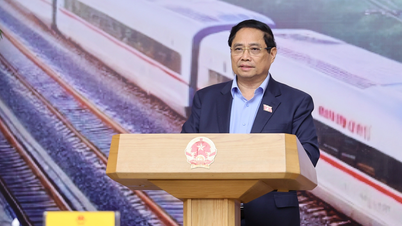

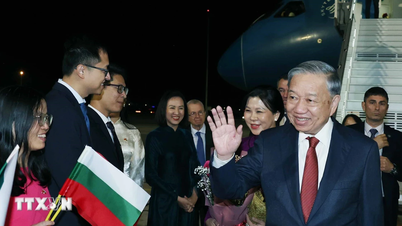

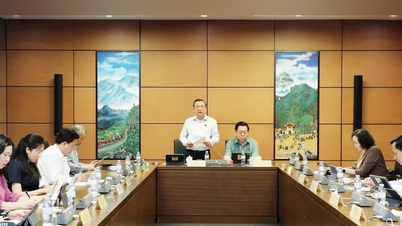

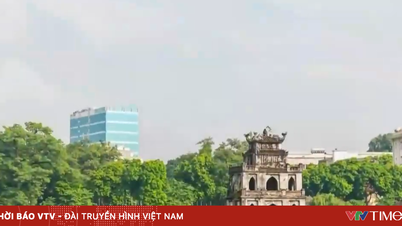

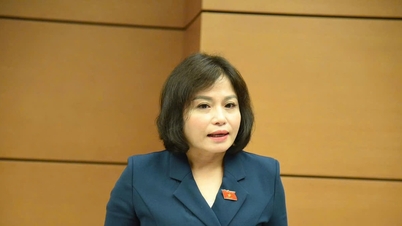







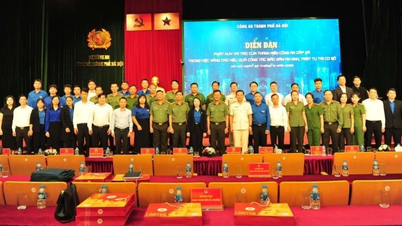
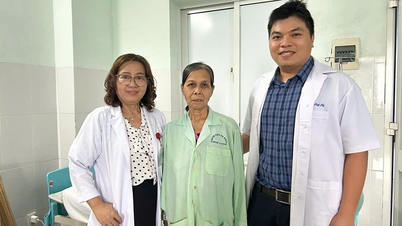
![[Photo] Prime Minister Pham Minh Chinh chairs meeting on railway projects](https://vphoto.vietnam.vn/thumb/402x226/vietnam/resource/IMAGE/2025/10/23/1761206277171_dsc-9703-jpg.webp)



















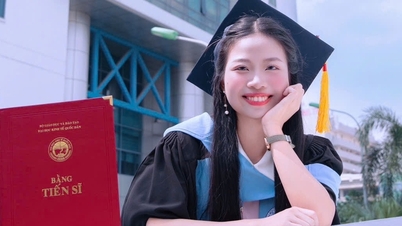
















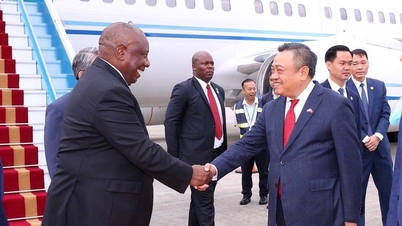
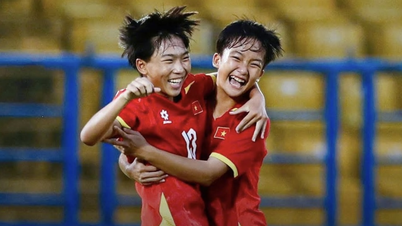







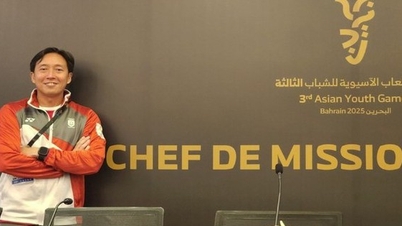

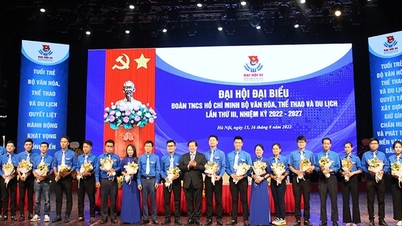
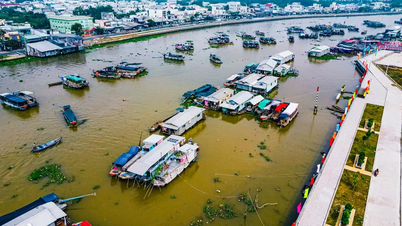

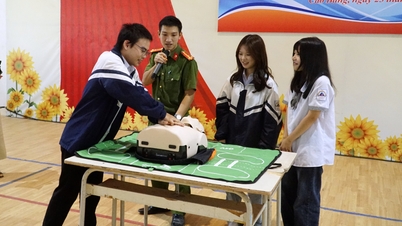

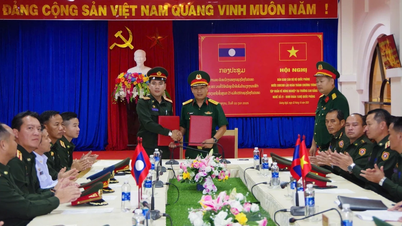

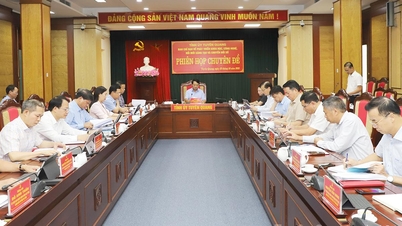

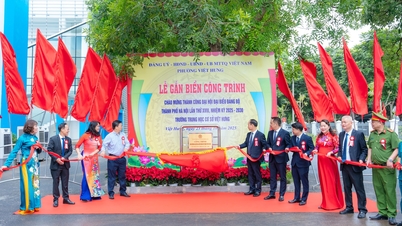
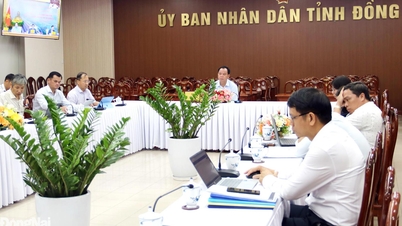
















Comment (0)